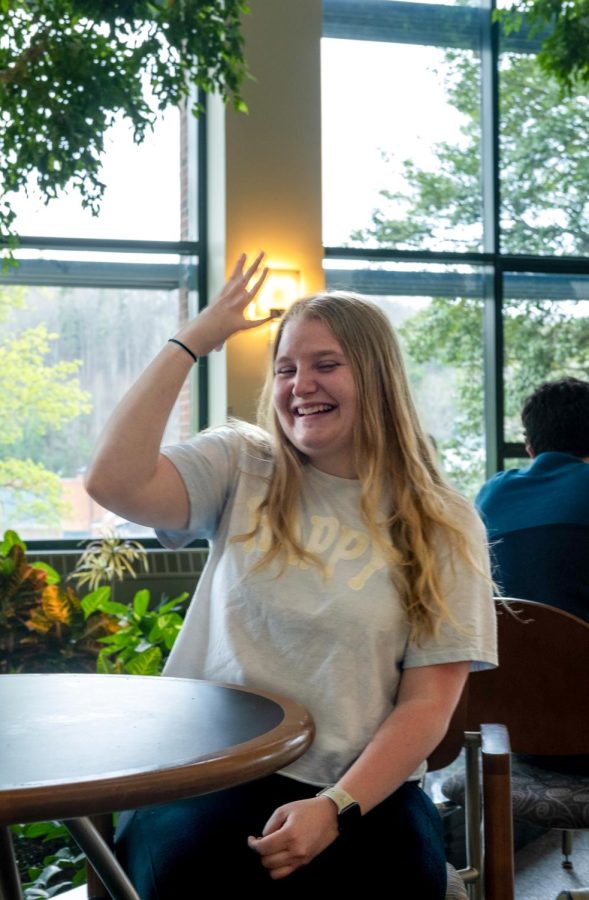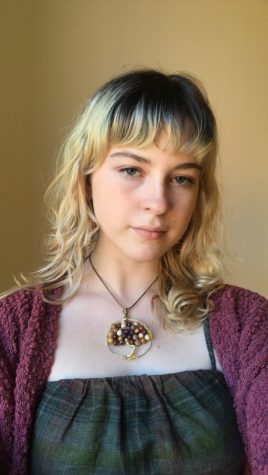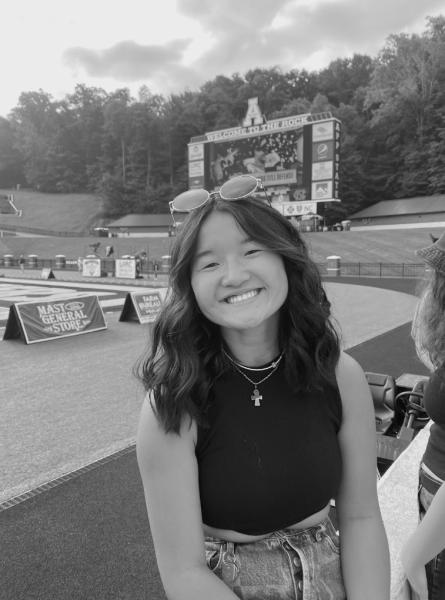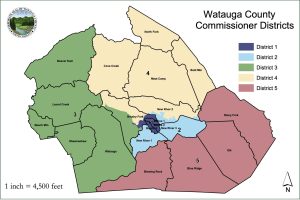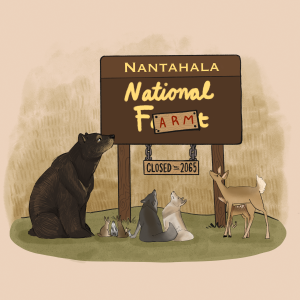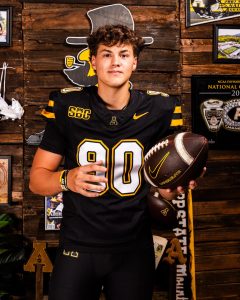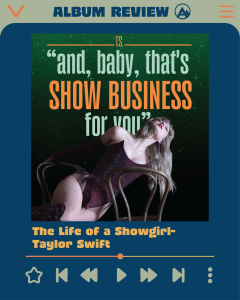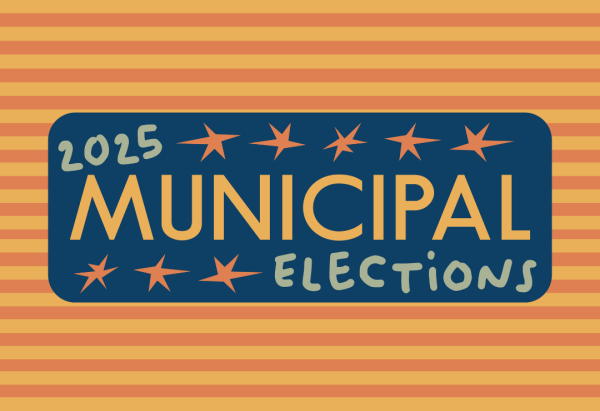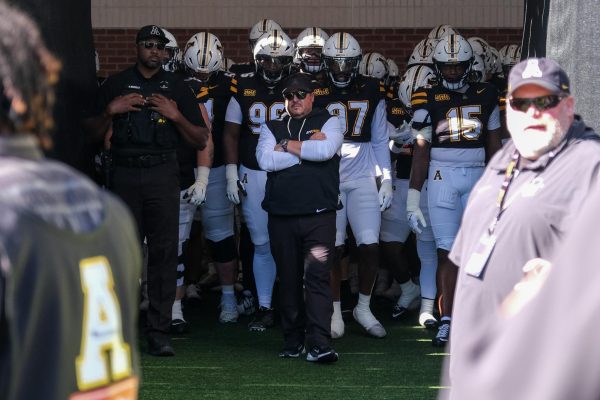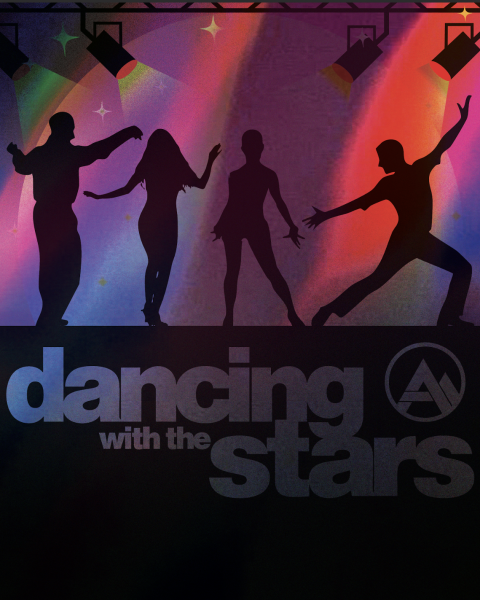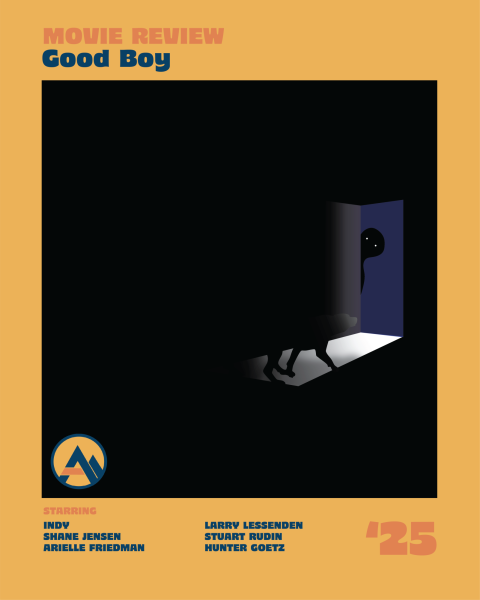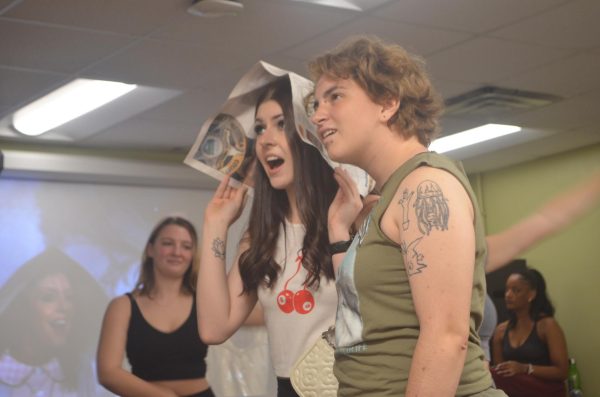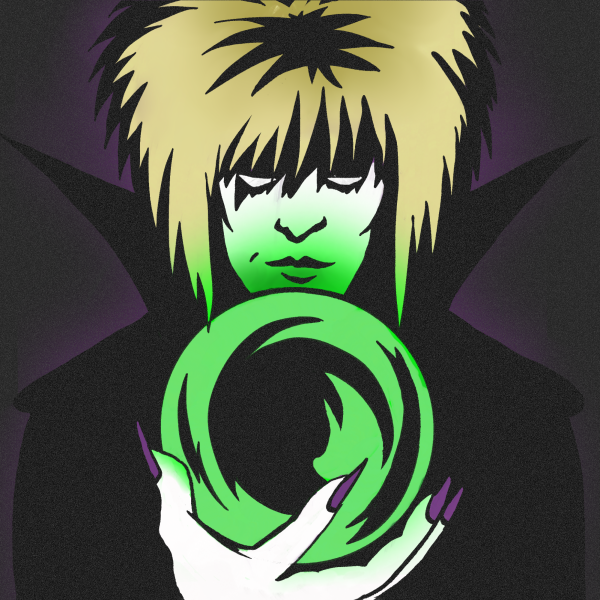First four-year grads to minor in ASL
Gracie Roope shows one of her favorite words to sign: sunshine. March 3, 2023.
May 2, 2023
With over 100 known minors offered at App State, it can be hard to notice when something new comes along. Four years ago, a new minor was introduced: American Sign Language.
The senior graduating class of 2023 will have been the first four-year graduates to have been offered this minor since their freshman year.
“I’ve always been really passionate about ASL and when I found out that App State, which was my top choice of school, was offering that program the first year I was starting, it just made me even more excited to start coming to App State,” said Grace Runza, a senior with an ASL minor.
Along with taking ASL I-IV in order to learn the language, students participating in this minor are required to take an approved elective course and a course on deaf culture.
“It’s not just learning the language, it’s about being a part of the community and knowing people who are deaf,” senior Olivia Gnall said. “You could be a CODA, child of deaf adults, or friends with them. But putting yourself into those atmospheres is really important to learn better.”
Gnall said she wished the deaf culture class was offered in-person, rather than just online. The class consisted of a lot of group work that made it difficult to accomplish in an online setting, Gnall said.
Because the deaf culture class is taught by a deaf professor and requires no ASL prerequisite classes, the online-only setting allows for an equal opportunity learning experience for those who may not know any ASL.
“I do think that they could have done a little better job, like, promoting the classes and promoting the minor because I had to find out myself,” said senior Gracie Roope. “Nobody told me about it. I was just searching through classes and it came up. I was like, ‘oh, this is pretty cool.’ And then I was like wait, ‘nobody really knows about this.’”
Roope grew up with a learning disability which rendered her nonverbal for the first four years of her life.
“I had to rely on ASL with my family and I remembered very few things from it since I was so young,” said Roope. “But I knew that like, hey, if I could go back and give back to the community that gave so much to me, like at the facility I was at to learn ASL and communicate with my parents, I want to do it. It just hits close to home.”
There’s a high demand for ASL classes. However, there are only three professors teaching in the program. Each of these professors are either deaf or hard of hearing and teach their classes nonverbally, according to Runza.
Runza said her favorite part of the ASL classes was how none of her professors taught verbally. She said she doesn’t think she would have learned as much if they were allowed to talk in class.
“You really get the full immersion experience not only with learning signs, but also getting the deaf culture experience from someone who is not only culturally deaf but is deaf or hard of hearing,” Runza said.
Having only three professors teaching ASL courses means larger class sizes and less one-on-one time for students.
Despite the challenges, Roope said her ASL professor, Greta Knigga-Daugherty, put in the effort to make sure her students understood what was being taught.
“I’ve had such a positive experience with these classes and having the ASL minor, which is shocking because I feel like I always have negative experiences with classes,” Roope said. “But Greta has done such an amazing job to make the class so welcoming and I really appreciate that.”
Runza thought that either hiring a new professor or offering another section of some of the classes would help allow more students to become integrated into the minor and allow some more one-on-one time with the professors.
Roope said taking this minor has really helped her develop a “new perspective of the language.” She plans to use her newfound knowledge to “help people in the deaf community as a hearing person.”

